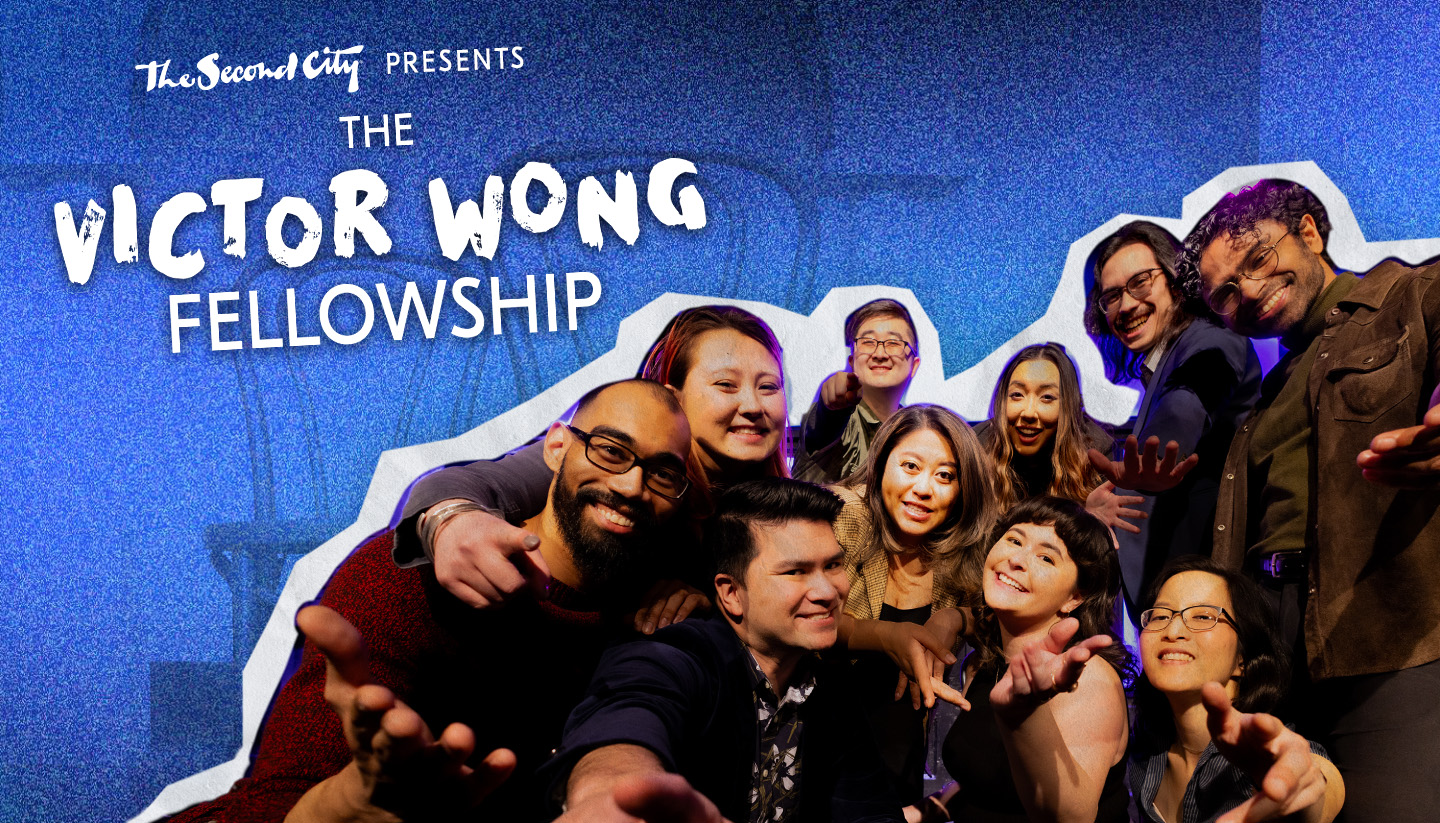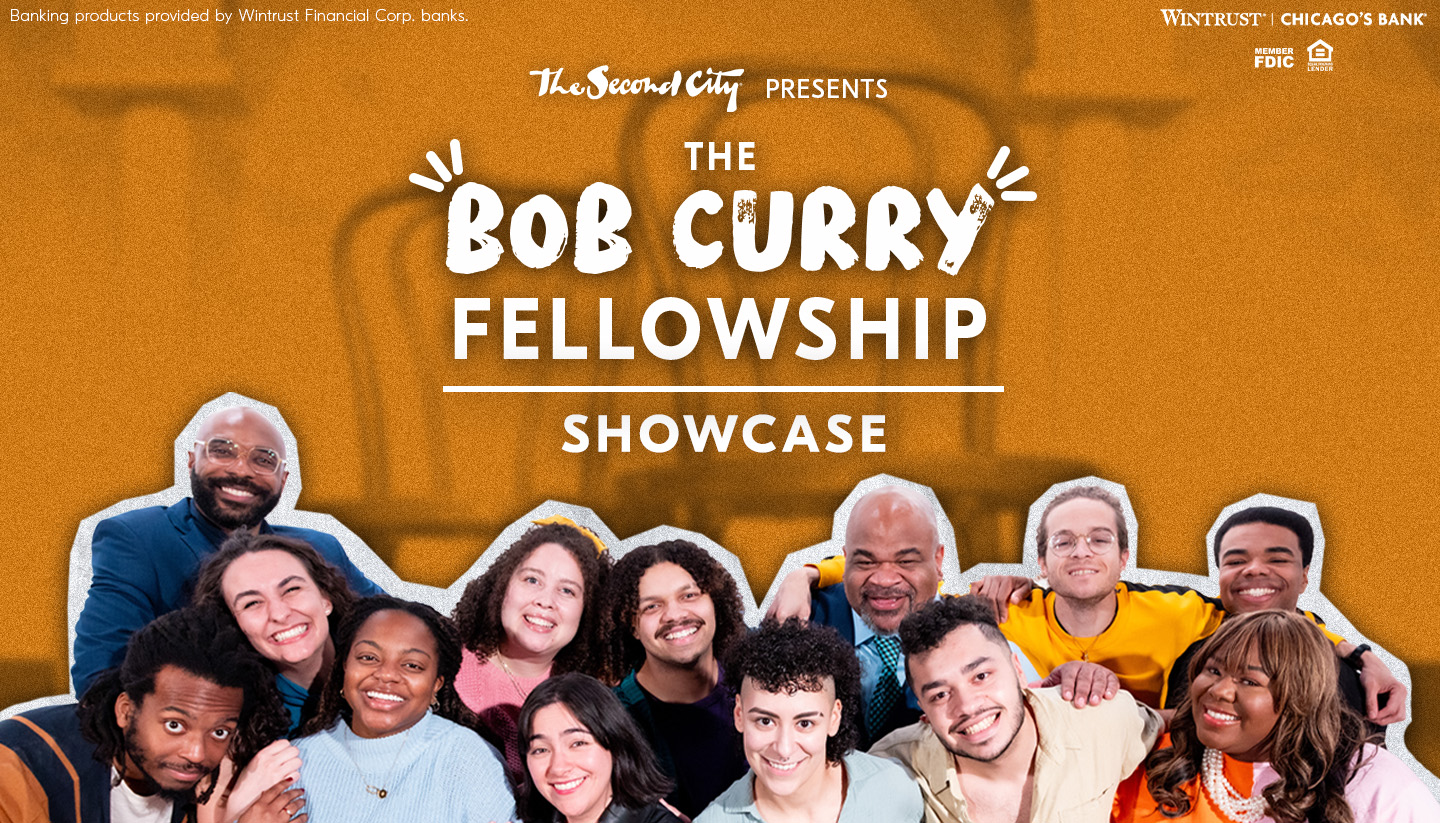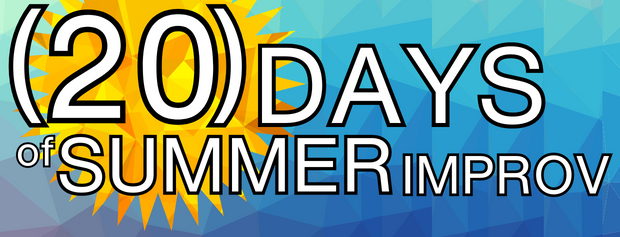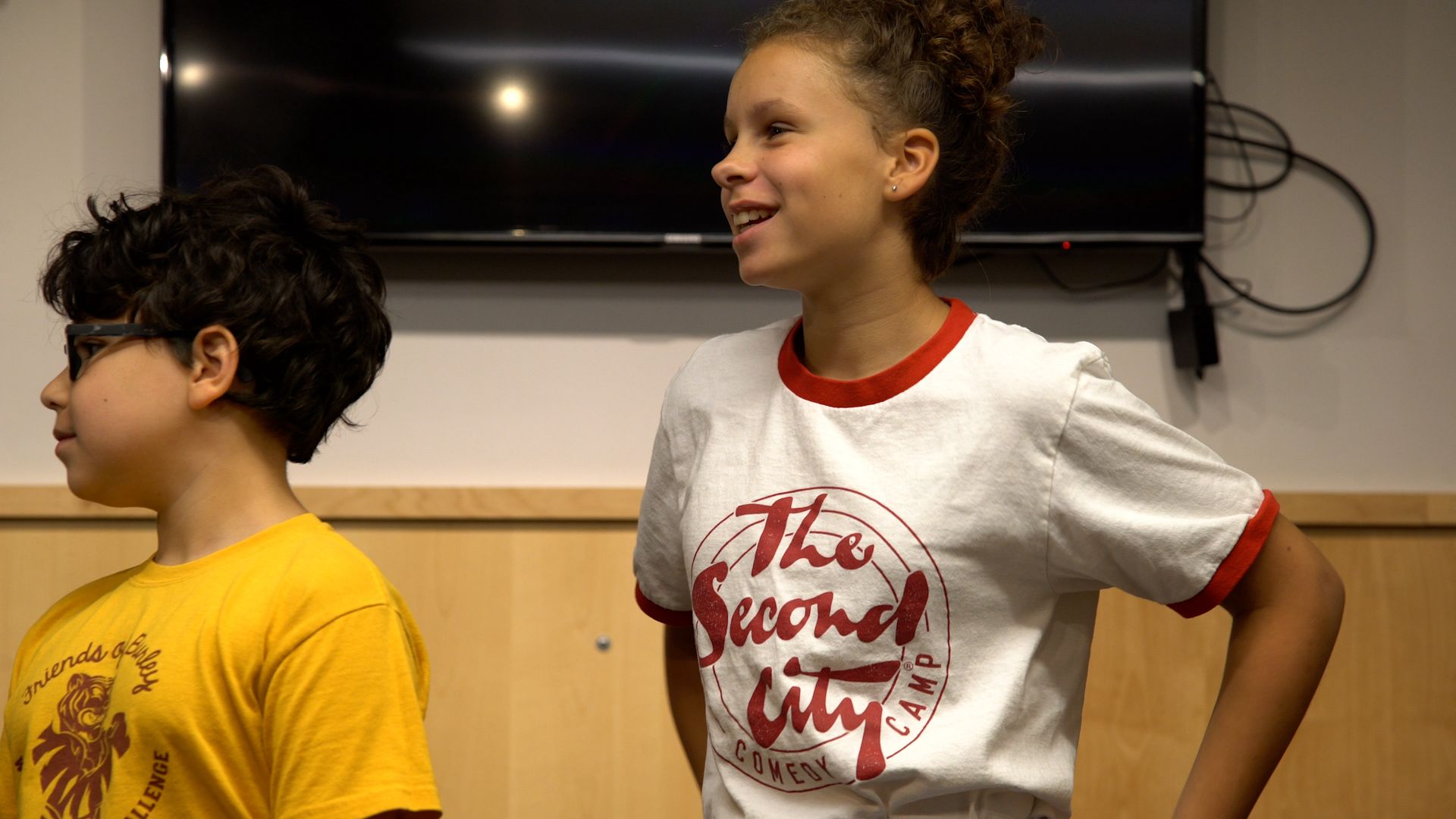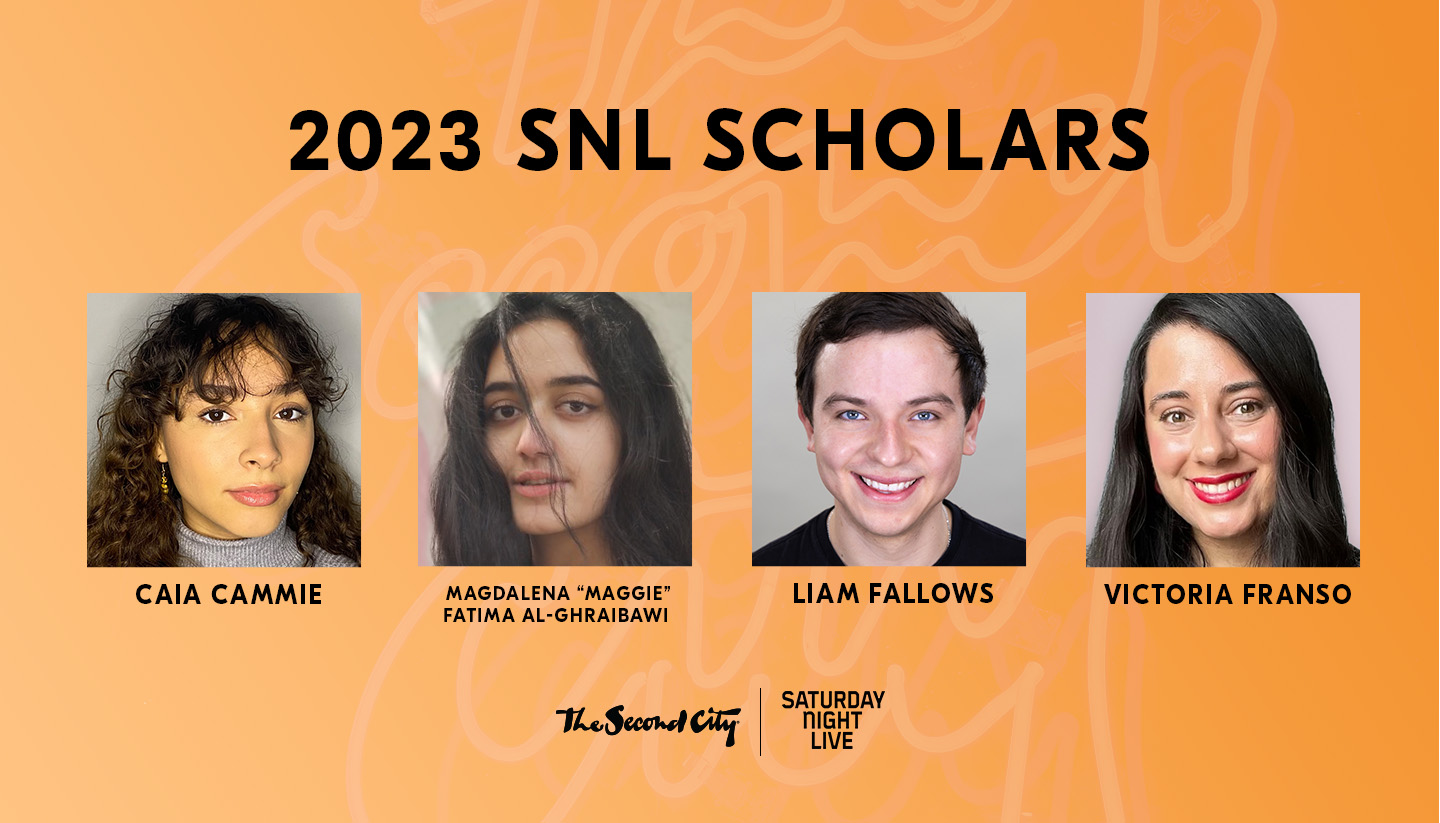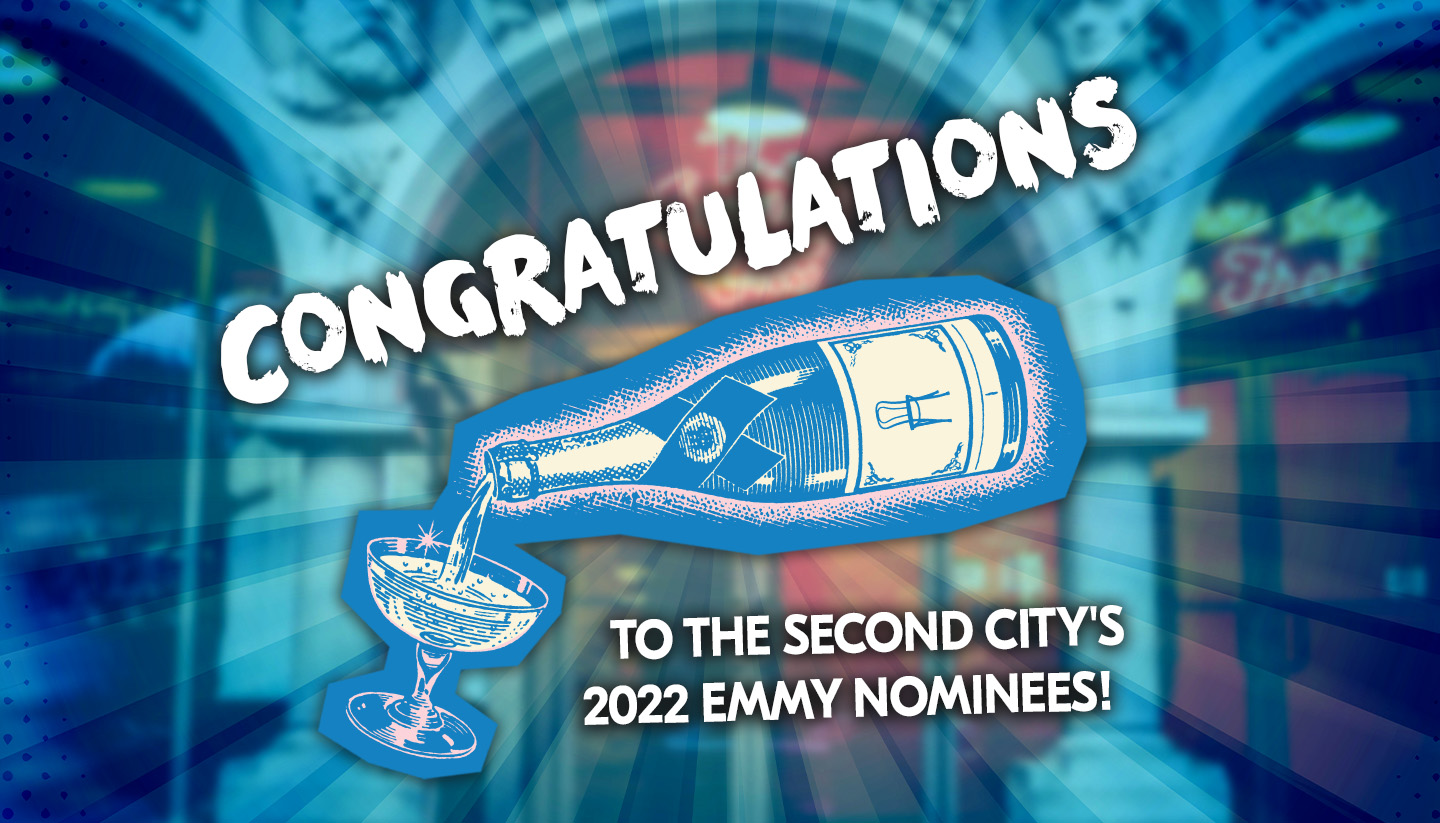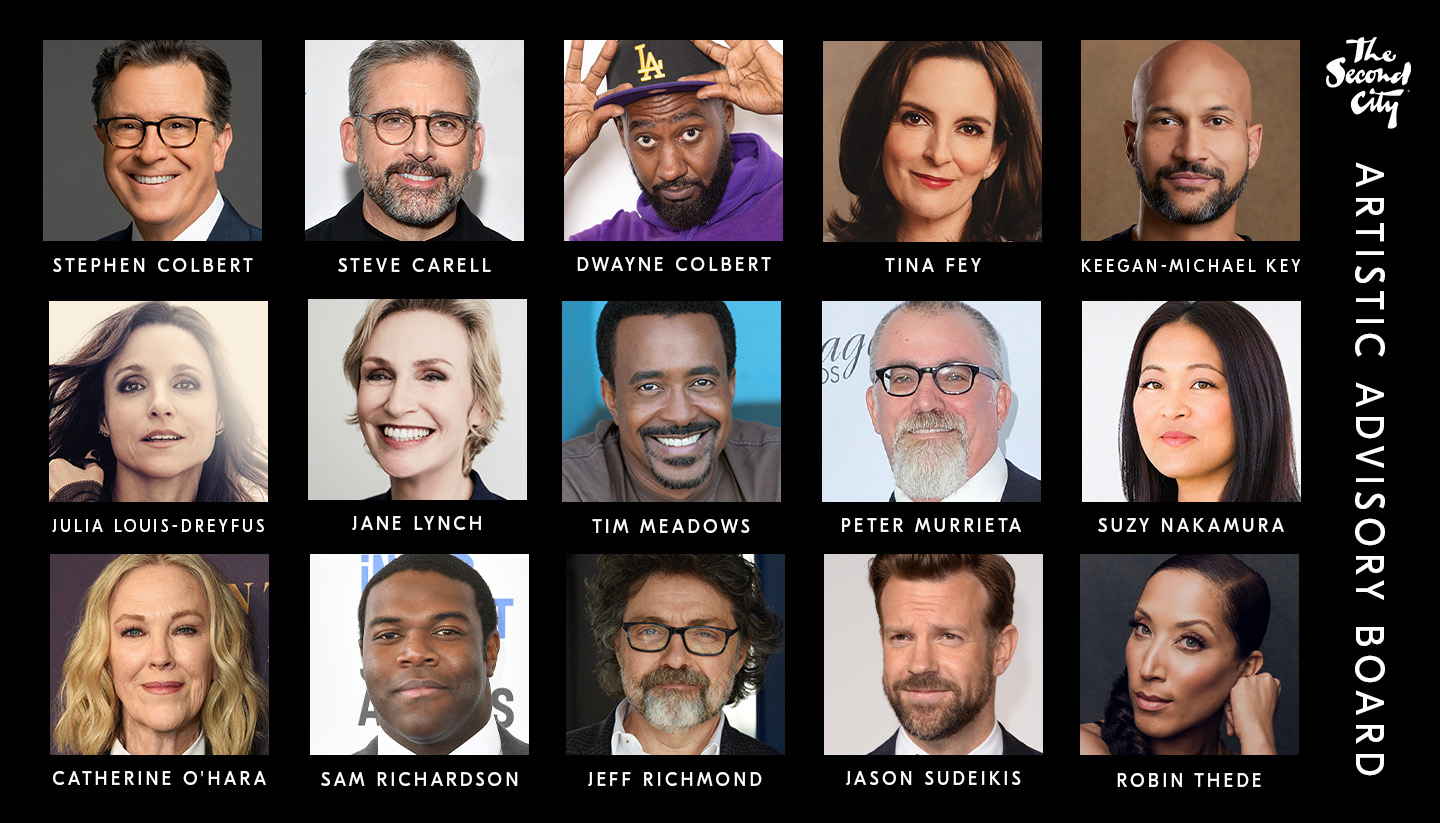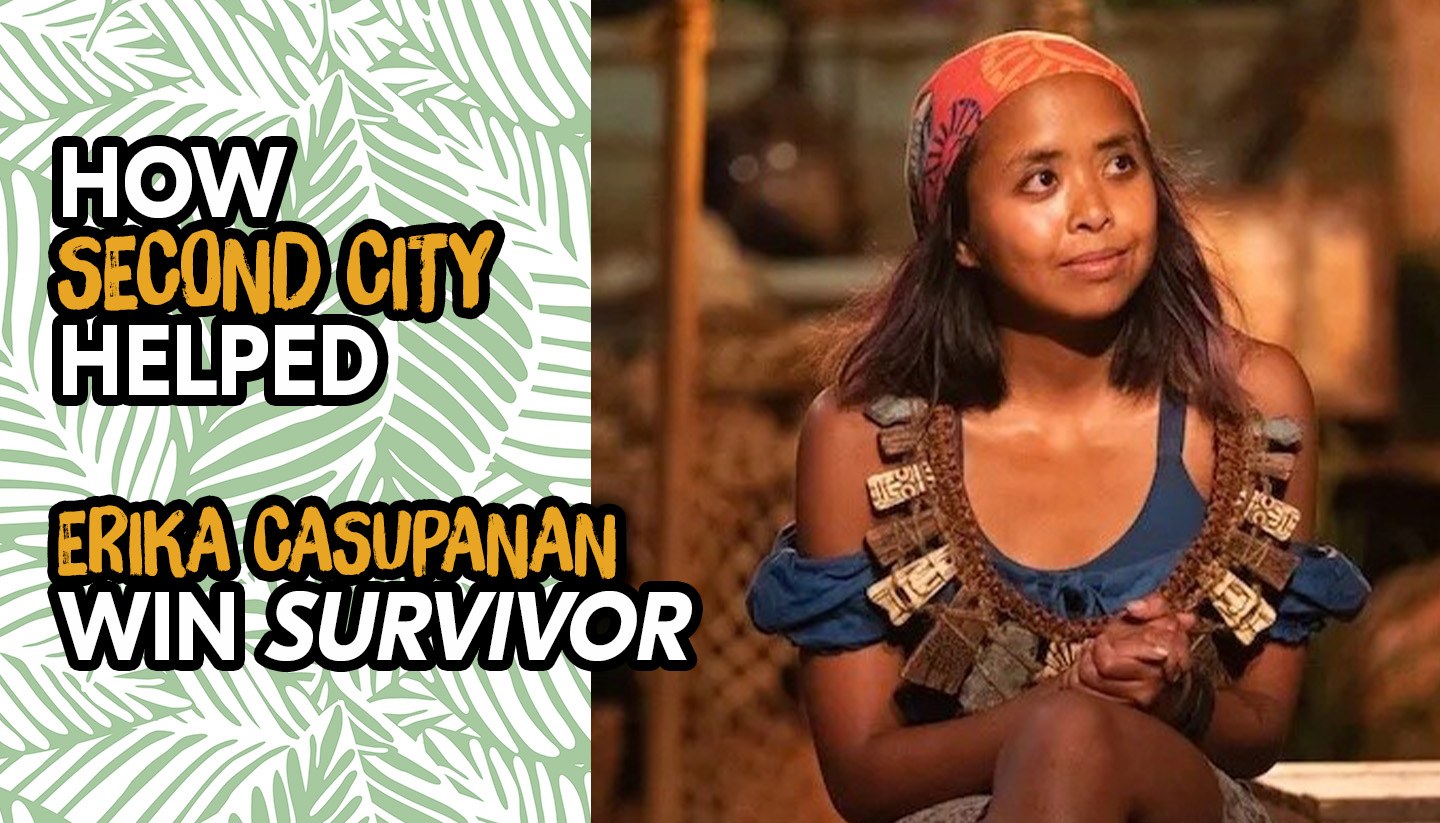“Staying in Day 1 requires you to experiment patiently, accept failures, plant seeds, protect saplings, and double down when you see customer delight. A customer-obsessed culture best creates the conditions where all of that can happen.” -Amazon founder & CEO Jeff Bezos
You probably saw the video that the Chicago Mayor’s Office recently released to lure Amazon’s second headquarters to our fair city. You know, the one with non-Chicagoan William Shatner providing the space-age voice over? We saw it, too. It was kind of hard to ignore when our name was so prominently repeated as the thread keeping the overture on track. We know they weren’t necessarily referring to our Second City.
But, still...
Nope. I’m not going to compare this Second City to Amazon. What’s to compare? We create comedy revues with six chairs. Amazon sells lots of chairs, including this one that looks like a hamburger. Second City is known for launching comedy stars. Amazon launches drones that deliver humidifier filters to our front door when we realize we haven’t replaced them in over a year. Second City is a comedy behemoth. Amazon… okay, that one kind of works by extension.
In all the recent Amazon coverage, it was interesting to read about the “Day 1” philosophy the company espouses. In particular, I was struck by the quote above from Jeff Bezos, who talks about creating a “customer-obsessed culture.”
While our organization strives to adopt new ways of achieving customer-obsession 100% of the time across all aspects of the company, I can say that we succeed wildly at being customer-obsessed in the way we create our shows at The Second City: we co-create our revues with our audience. We ask for their suggestions; we adapt our material based on their responses; we crowdsource our customers for both individual and group insights. Again, we refine and adapt the work based on how the customer reacts, whether it be laughter, groaning or--dreaded silence.
This process of content creation has been in place since The Second City opened its doors on December 16, 1959, and it’s the process we used for the last show and the one we’ll use for the next show. We use it because it works.
This might not seem so startling until you consider the fact that I can’t name another theatrical institution that has maintained both critical and commercial success for close to six decades by only doing original work.
In the Day 1 philosophy at Amazon, you have to work with speed, experimentation and failure. Bezos talks about a culture where you must be able to “disagree and commit.” That’s what happens at The Second City. I quote the academic Karl Weick on this: we “fight like we’re right and listen like we’re wrong.”
Organizations that successfully work with speed and agility find a way for disruption to be normalized.
And this, I believe, is a Chicago thing. We factor our failures into the day-to-day experiences of our city life. From our politics to our weather to our sports teams to our local media, Chicago embraces its own irrationality and, in doing so, makes itself available to the unusual...and open to inspiration.
I have no idea if Chicago will end up being Amazon’s Second City. But I do know that The Second City lives in “Day 1” 365 days a year.
Kelly Leonard is Executive Director of Insights and Applied Improvisation at Second City Works.

 Shows & Tickets
Shows & Tickets  Chicago Venue Info
Chicago Venue Info  Classes & Education
Classes & Education  Second City Works
Second City Works  Second City Network
Second City Network  Our Legacy
Our Legacy 





